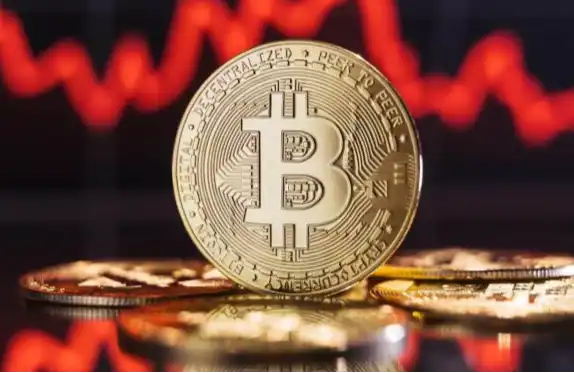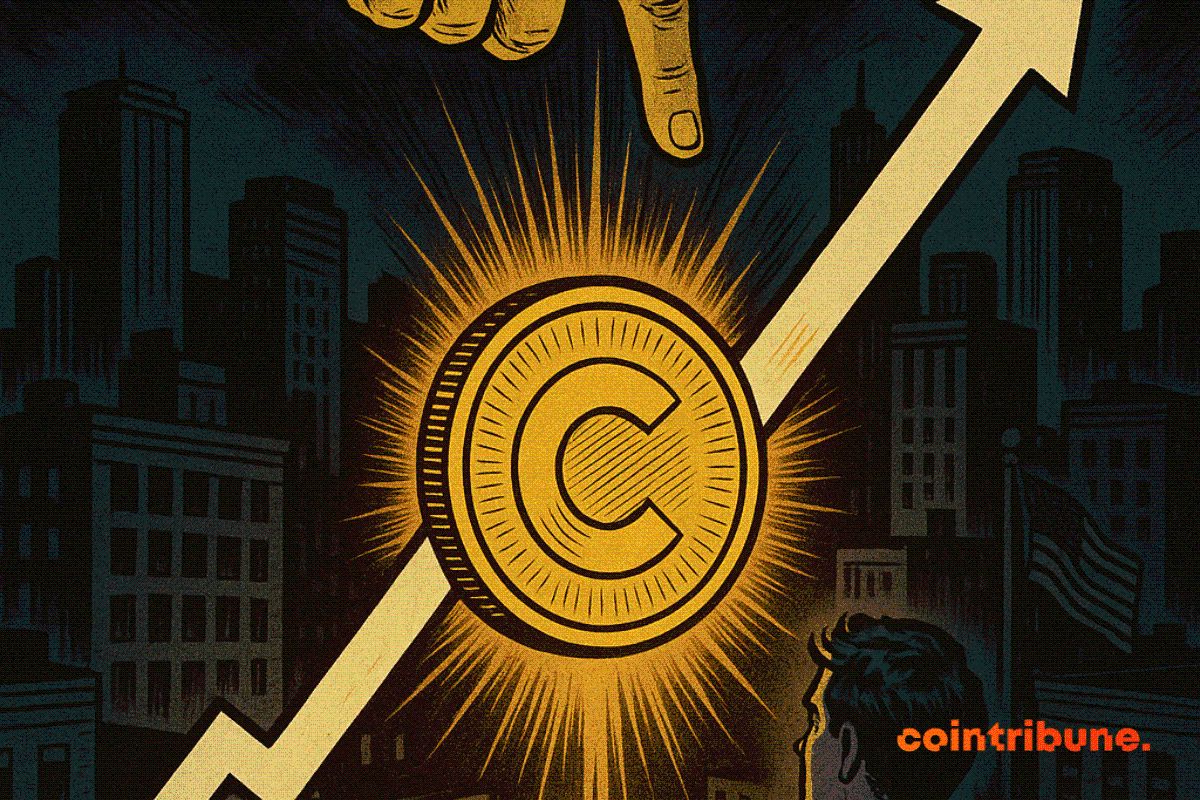US bankruptcy judge approves FTX reorganization plan, two years after the exchange's collapse
Quick Take About 94% of creditors in the “dotcom customer entitlement claims” class who returned their ballots — representing about $6.83 billion in claims by value — voted in favor of the reorganization plan. However, the plan garnered criticism from Sunil Kavuri, a representative of the largest FTX creditor group. Kavuri said the estate should pay out crypto in kind, rather than the dollar value.
A U.S. judge has approved FTX's bankruptcy plan, marking an end in proceedings after the crypto exchange collapsed two years ago following allegations of fraud and misconduct.
Judge John Dorsey in the U.S. Bankruptcy Court for the District of Delaware decided to approve the plan during a hearing on Monday in a move to start distributing funds to creditors. Under that plan , 98% of creditors will receive at least 118% of their claim value in cash.
“I want to say congratulations,” Judge Dorsey said. “This is a model case for how to deal with a very complex Chapter 11 bankruptcy.”
About 94% of creditors in the “dotcom customer entitlement claims” class who returned their ballots — representing about $6.83 billion in claims by value — voted in favor of the reorganization plan, according to previous The Block reporting.
However, the plan garnered criticism from Sunil Kavuri, a representative of the largest FTX creditor group. Kavuri said the estate should pay out cryptocurrencies in kind rather than the dollar value when the exchange filed for bankruptcy back in 2022. David Adler, a lawyer representing some creditors, has also said in court that creditors would get a significant tax bill if they were to receive their payout in cash and not in-kind.
On Monday, Adler asked Steven P. Coverick, managing director at Alvarez Marsal North America, LLC, about FTX's attempts to do in-kind distributions.
Coverick said the topic "was discussed at length" but said, ultimately, the plan did not include those in-kind distributions.
"The debtors do not have cryptocurrency that would be required to make in-kind distributions and, in fact, never had the cryptocurrency and the proportions in which customers believed they had in their accounts," Coverick added.
Judge Dorsey later objected to allowing in-kind distributions during Monday's hearing. The judge also reaffirmed on Monday that the value of FTT, the native token of the exchange, is zero.
"I have no evidence today that the value of FTT tokens would be anything other than zero," Judge Dorsey said.
"FTT tokens were inextricably intertwined with the debtors," the judge added. Since the debtor is not going to revive the exchange, there is no basis for the token to increase in value, he added.
FTX 2.0
A potential " FTX 2.0 " was floated but was ultimately ruled out. FTX CEO John J. Ray III told the Wall Street Journal in June 2022 that the company has "begun the process of soliciting interested parties to the reboot of the FTX.com exchange." FTX would have likely rebranded as part of any restart, the news outlet said at the time, citing people familiar with the discussions.
However, later, FTX lawyer Andrew Dietderich told the judge in a January hearing that no investors were ready to commit the capital to restart FTX.
FTX filed for bankruptcy in late 2022. The exchange's CEO, Sam Bankman-Fried, was found guilty in November 2023 of seven criminal counts, including two counts each of wire fraud and conspiracy to commit wire fraud, and was sentenced to nearly 25 years in prison. Sister trading firm Alameda also subsequently fell, and its CEO Caroline Ellison was sentenced to two years for her role in the downfall of FTX.
Ellison, along with former FTX executives Gary Wang and Nishad Singh, were charged and cooperated with prosecutors. Singh's sentencing is set for later this month, while Wang's is in late November.
Disclaimer: The content of this article solely reflects the author's opinion and does not represent the platform in any capacity. This article is not intended to serve as a reference for making investment decisions.
You may also like
When Polkadot's $500 million security cost becomes a burden, Gavin Wood offers three solutions!

Will Bitcoin rise or fall next year? Institutions and traders are fiercely debating
Bitcoin continues to decline, once again dropping below 100,000.

Swiss Startup To Launch Cloud Alternative Powered By Phones

